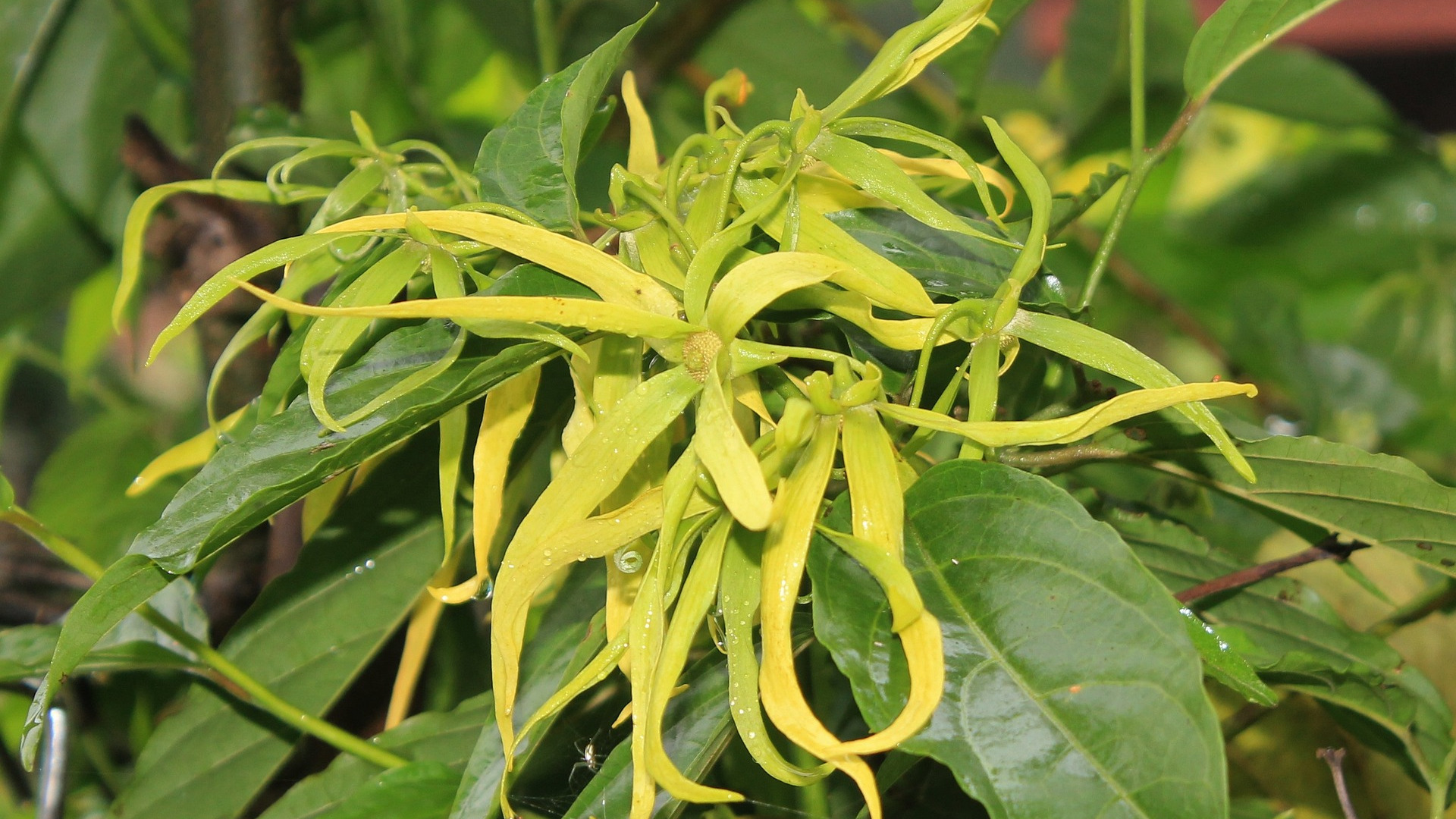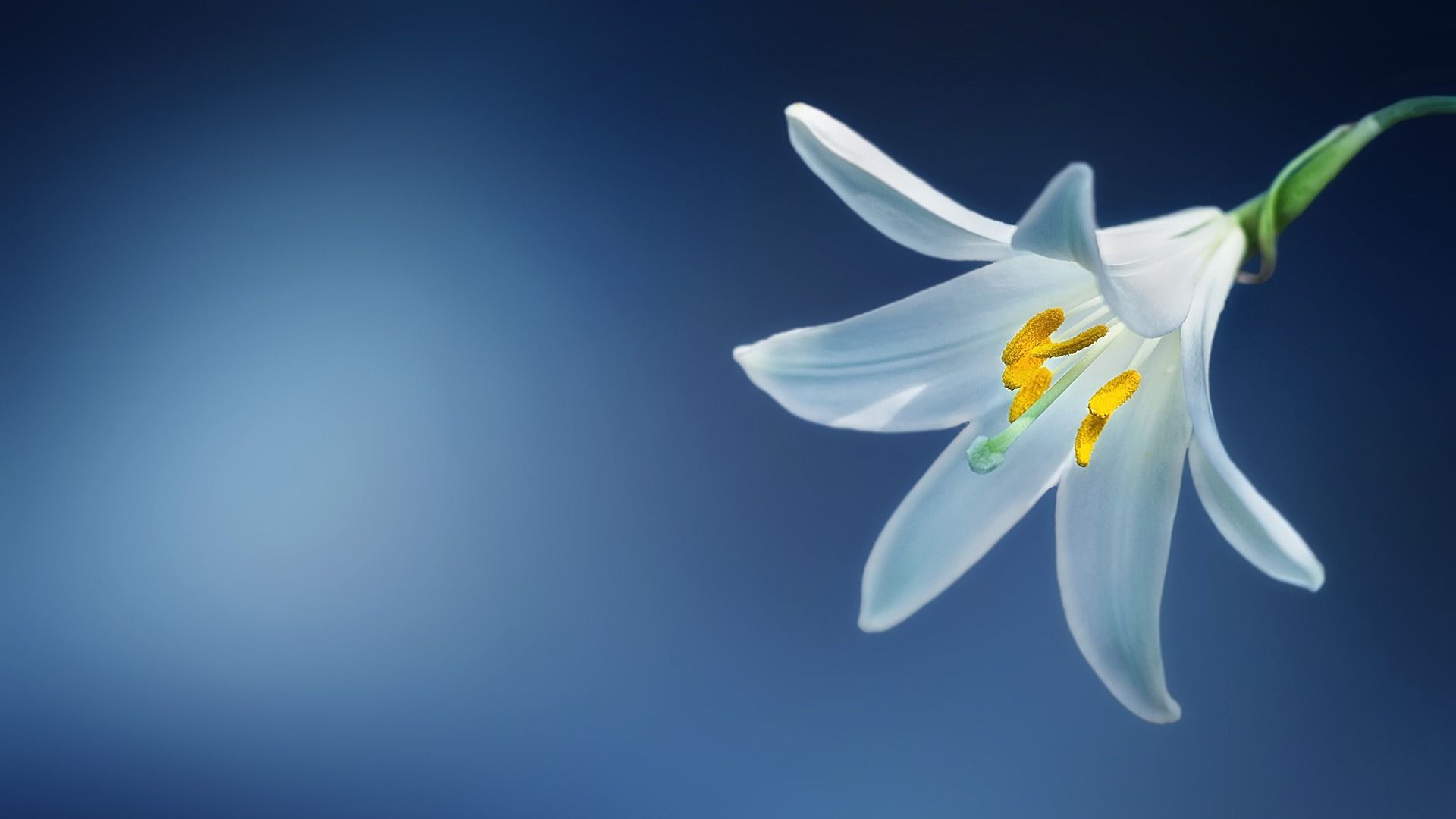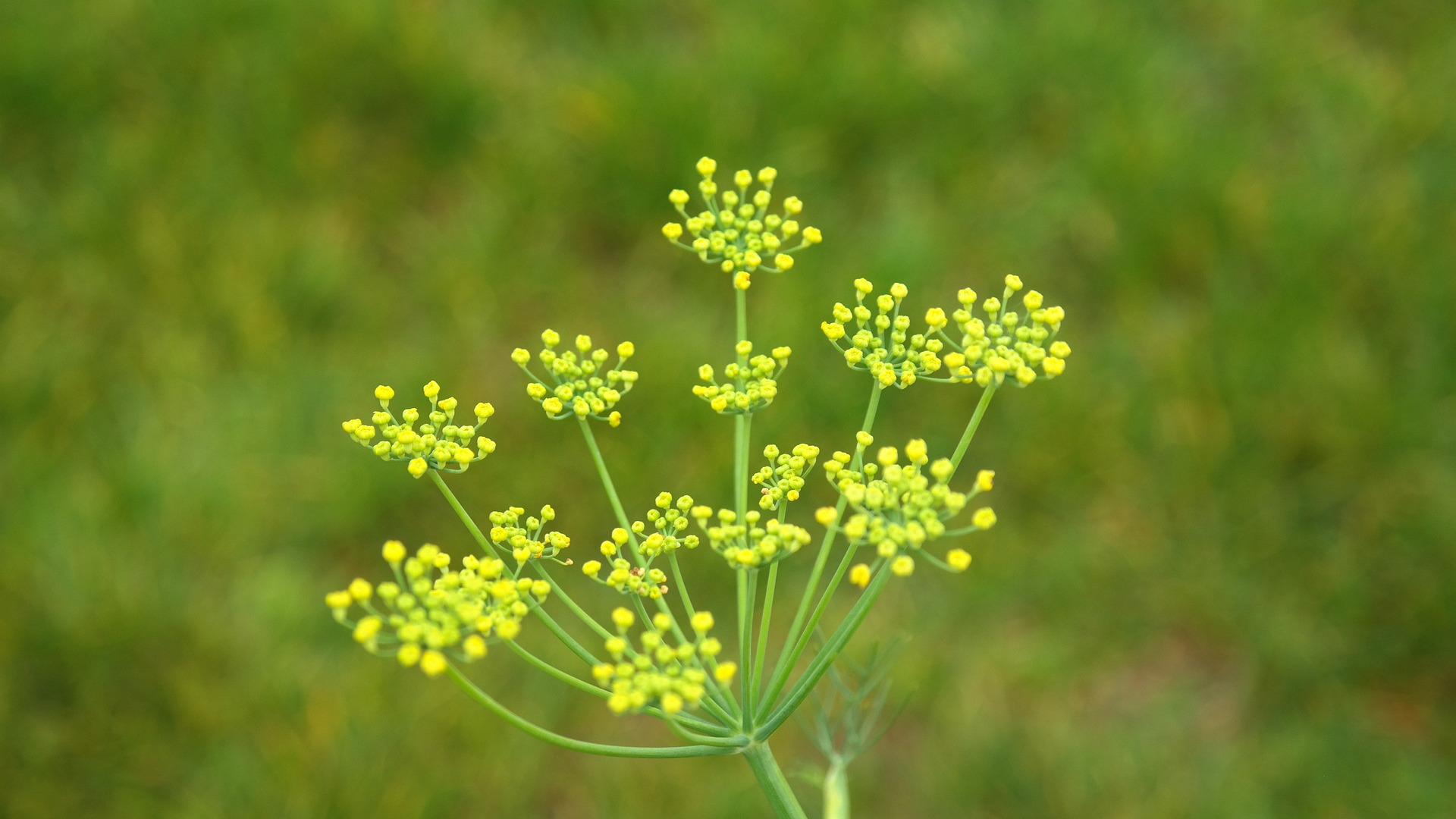Exploring the Exotic Essence of Ylang-Ylang Essential Oil
Ylang-Ylang essential oil transports you to the heart of the tropics. With its exotic, floral, and intensely sweet fragrance, it can bring back memories of tropical vacations and sun-drenched days. I treasure this oil's therapeutic value and love using it as a room freshener, filling my space with its delightful scent. This versatile essential oil, distilled from the flowers of the Cananga odorata tree, has many uses that make it a favorite among aromatherapy enthusiasts and holistic practitioners alike.
Discovering Ylang-Ylang: The "Flower of Flowers"
Ylang-Ylang trees are tall, tropical plants reaching about 60 feet, producing large, fragrant blooms in shades of pink, mauve, or yellow. Though native to Southeast Asia, they now thrive in warm climates worldwide and are primarily cultivated for their essential oil on the islands of Java, Sumatra, Madagascar, and the Comoros. The name, "Ylang-Ylang," translates to "flower of flowers," a fitting tribute to its lush, floral scent that has captivated people for centuries.
The Process of Distillation and Quality Grades
Ylang-Ylang oil is carefully distilled from freshly picked flowers through a water or steam distillation, separating it from other single-distilled oils. Ylang-Ylang oil goes through multiple distillations, yielding different grades, with the highest quality being the "extra" grade. This first pressing captures the purest essence, rich in esters, and the sweetest aroma, making it ideal for aromatherapy. Other distillations, labeled 1st, 2nd, and 3rd pressings, are used in products with a lighter fragrance.
The "extra" grade and Ylang-Ylang Complete (a blend of the extra and first pressings) are the most popular choices for therapeutic use. Ylang-Ylang oil typically has a light yellow color, though the color can vary slightly depending on the distillation.
The Many Therapeutic Benefits of Ylang-Ylang
Ylang-Ylang essential oil offers numerous health and wellness benefits. Here's a breakdown of its properties:
- Algifacient: Creates a cooling sensation, ideal for soothing sore muscles.
- Analgesic: It acts as a pain reliever and is often used in massages to ease muscle tension.
- Antidepressant: Known for its uplifting properties, it helps counter depression and low moods.
- Anti-inflammatory: Reduces inflammation, making it beneficial for soothing irritated skin.
- Antiseborrhoeic: Helps balance oil production, making it excellent for skin care.
- Antiseptic: Inhibits the growth of harmful microorganisms, promoting cleaner, healthier skin.
- Aphrodisiac: Traditionally used to stimulate romantic feelings and enhance intimacy.
- Hypotensive: Lowers blood pressure and is helpful in stress and anxiety management.
- Nervine: Supports the nervous system, easing symptoms of anxiety and tension.
- Sedative: Encourages relaxation, making it an effective sleep aid.
- Tonic: Revitalizes both mind and body, promoting a sense of overall wellness.
Ylang-Ylang for Skin and Hair Health
Ylang-Ylang is a popular ingredient in skincare products due to its ability to balance sebum production, making it helpful for dry and oily skin types. It can be added to creams or lotions to enhance hydration and regulate oil, promoting a smoother and more balanced complexion.
Ylang-Ylang stimulates the scalp, which can help improve hair growth and give it a luxurious sheen. Adding a few drops of this essential oil to your shampoo or creating a scalp massage oil with Ylang-Ylang can make a noticeable difference in hair texture and strength.
Emotional Benefits of Ylang-Ylang
One of the key reasons people turn to Ylang-Ylang oil is its ability to elevate mood. In vapor therapy, this oil has a calming, euphoric effect on the nervous system, making it helpful for reducing stress, anxiety, panic attacks, and even feelings of shock. The oil's natural soothing properties can also help with insomnia, promoting a restful night's sleep. Its use as an aphrodisiac has a long history in traditional cultures, where it's valued for boosting romantic feelings and enhancing intimacy.
Aromatherapy Recipes With Ylang-Ylang Essential Oil
Ylang-Ylang essential oil is more than just a fragrance; it's a journey to a tropical oasis. Its benefits extend to all aspects of well-being, from easing stress and anxiety to supporting skin and hair health. Whether you use it to freshen your space, relieve stress, or enhance your skincare routine, Ylang-Ylang essential oil is a versatile addition to any aromatherapy collection.
Calming a Rapid Heart Rate
Ylang-Ylang has a unique connection to the heart and is often used to reduce a rapid heart rate. This blend can be beneficial during moments of stress or anxiety.
Ingredients:
- 6 drops of Ylang-Ylang essential oil
- 1 drop of Lavender essential oil
- 1 drop of Neroli essential oil
- 1 oz of cream or carrier oil
Mix the essential oils with the cream or carrier oil and apply over the chest, focusing on the area near the heart when symptoms occur.
Blending Ylang-Ylang with Other Oils
Ylang-Ylang has a strong, sweet fragrance that pairs well with various other essential oils, making it a versatile addition to blends:
- Bergamot: Adds a citrusy, uplifting note
- Grapefruit: Creates a fresh, fruity blend
- Lavender: Enhances relaxation and adds floral depth
- Sandalwood: Complements the exotic, woody undertone
Experimenting with these combinations can help you create a unique fragrance to suit your mood and needs.
Capturing the Magic of Ylang-Ylang at Home
The intense, exotic fragrance of Ylang-Ylang brings a touch of luxury and tranquility into any room. Add a few drops to a diffuser or mix it with water in a spray bottle to create a natural room freshener. This versatile oil is perfect for those moments when you need a mental escape, a little relaxation, or a mood lift.
Safe Use and Precautions
Ylang-Ylang is generally safe for most people and is classified as non-toxic, non-irritant, and non-sensitizing. However, overuse can lead to mild headaches or nausea, especially for those sensitive to strong scents. To avoid this, start with a low concentration and avoid prolonged exposure. Always dilute Ylang-Ylang essential oil with a carrier oil before applying it to the skin.







